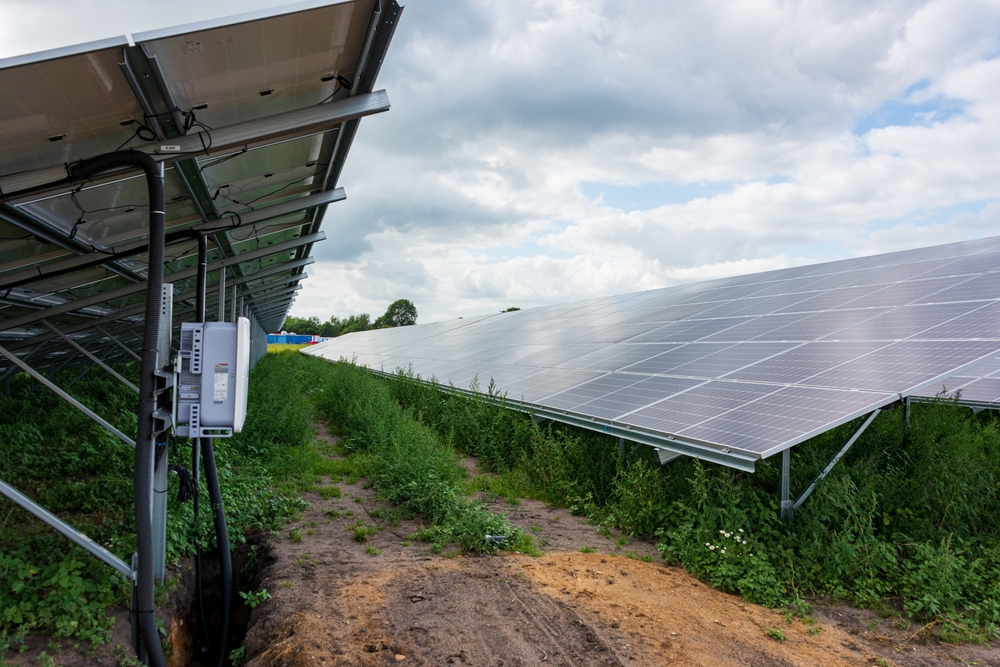Europe’s energy transition is on shaky ground, because behind the gleaming facade lurks a massive security risk. The continent has placed its solar infrastructure firmly in the hands of Chinese manufacturers, massively exacerbating its energy dependence. This entanglement increases China’s control over critical power grids – a potential danger that many decision-makers still underestimate. At the same time, this dependence on electricity makes European states vulnerable to geopolitical cyberattacks, which are no longer a theoretical scenario. (pv-tech: 21.10.25)
Chinese Technology as a Growing Security Risk
Chinese companies such as Huawei, Sungrow, and Ginlong Solis dominate the market for solar power systems. More than 70 percent of all European inverters come from China. These devices not only regulate power conversion but also communicate directly with Chinese servers – an open gateway for cyberattacks. Intelligence agencies warn of a strategic threat potential that Beijing could deliberately exploit in the event of a crisis.

While Huawei remains excluded from Europe’s 5G network for security reasons, China is now using the same digital leverage in solar infrastructure. Chinese influence is shifting from communications to energy supply – a development that could cost Europe its technological sovereignty in the long term.
Europe’s Double Dependence
The EU celebrates every new solar power plant as progress, but the reality tells a different story. Cheap Chinese components further exacerbate energy dependence. The situation is particularly paradoxical in the Czech Republic: while Chinese companies have been banned from the nuclear industry, solar power plants nationwide are running on Chinese remote maintenance platforms. This double security risk ignores the central point – whoever has digital access ultimately controls the energy flows.
A similar picture emerges in Germany, where subsidized inverters from China are displacing market share. This creates an electricity dependence that grows with every kilowatt-hour installed. Europe is not only importing hardware, but also tacitly accepting China’s control over its energy future.
Beijing’s Underestimated Leverage
China’s strategy follows a clear pattern: create dependencies and exert economic or digital pressure in the event of a conflict. Lithuania recognized this and banned Chinese remote access to its solar infrastructure in 2024. The EU, however, remains inactive. Cyberattacks on energy facilities in Germany and Lithuania already demonstrate how vulnerable the system is. In a serious scenario, China could simultaneously deactivate thousands of inverters – with fatal consequences for grid stability and security of supply.
Such a coordinated attack would not be merely an IT problem, but a direct blow to Europe’s energy autonomy. The potential danger lies in the sheer number of networked devices whose software can be controlled from outside the continent.
Strategic Countermeasures Urgently Needed
Europe faces a historic decision. The continent must classify its solar infrastructure as critical infrastructure and protect it against cyberattacks. National grids require protection mechanisms that include decentralized systems. Furthermore, China’s influence on remote access must be explicitly prohibited. Finally, the EU must strengthen its own manufacturers to reduce energy dependence. Only in this way can Beijing’s control over central power systems be broken.
Without decisive action, Europe will remain a pawn in the hands of foreign interests. Those who fail to act now risk allowing the greatest security risk of the energy transition to be not technical, but political. The potential for danger is growing – and time is running out to counteract it.
